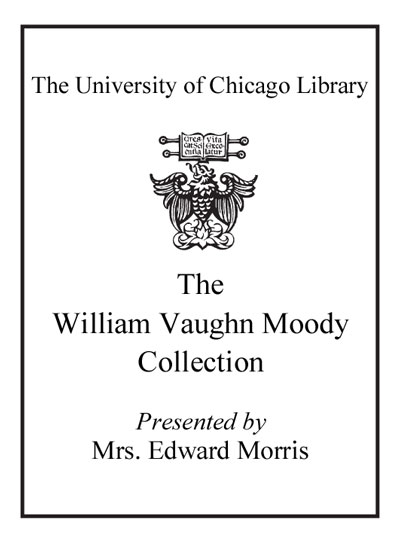Review by Choice Review
Griggs (1872-1933) is not as well known as his contemporaries Charles Chesnutt, Paul Laurence Dunbar, and Pauline Hopkins, but he was more prolific. Addressing the social/racial climate during the period in which Griggs lived, Coleman (Univ. of New Mexico) offers an admirable analysis of the literary and political strategies of this important Baptist minister who worked so hard at black uplift. The author interprets Griggs's marginalized African American texts, which demanded equality from white society and helped pave the way for the Civil Rights Movement of the 20th century. Griggs founded his own publishing company in Nashville, Tennessee, and through it he disseminated his words more widely than he could from his pulpit. Coleman discusses Griggs's political tracts and novels but devotes most space to Griggs's novel Imperium in Imperio (1899), which imagines an underground organization of militant blacks who want either immediate rectification of injustice or an independent black state. Coleman's book is important for the way it both recognizes Griggs's aesthetic shortcomings but also helps one "see how the novel was recruited to advance political and cultural agendas in the face of White supremacy at the turn of the nineteenth and twentieth centuries." Summing Up: Recommended. Upper-division undergraduates through faculty. D. J. Rosenthal John Carroll University
Copyright American Library Association, used with permission.
Review by Choice Review

